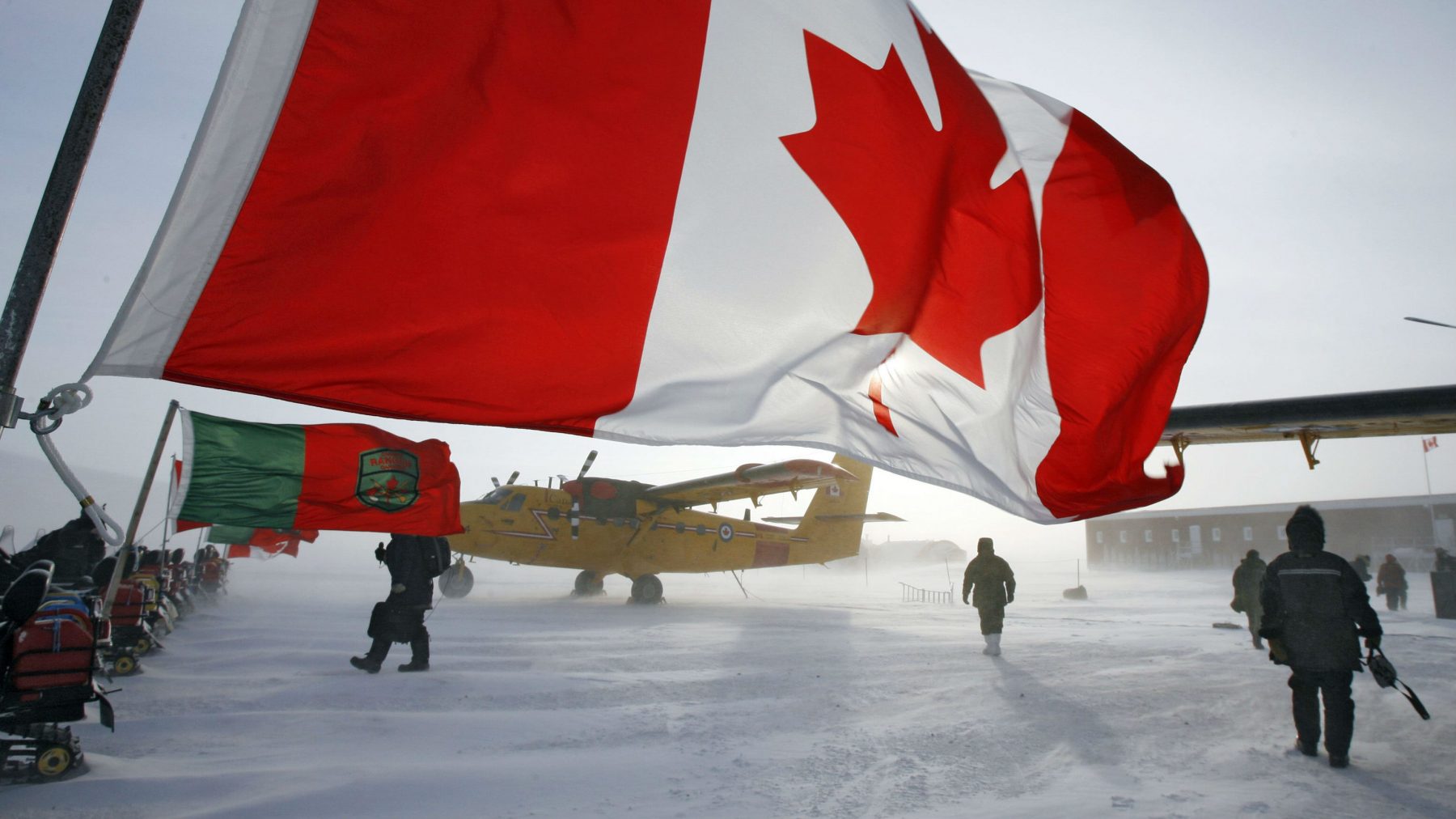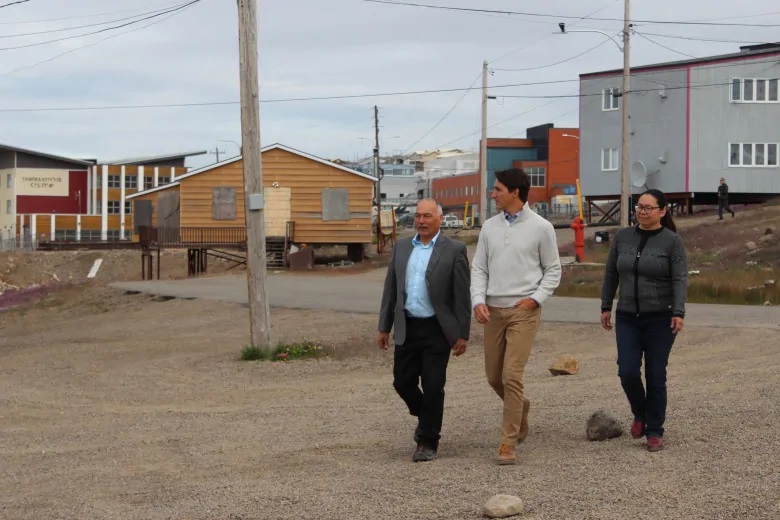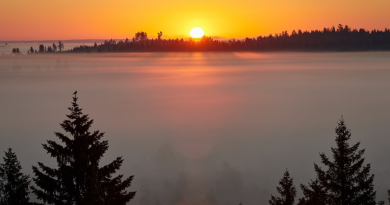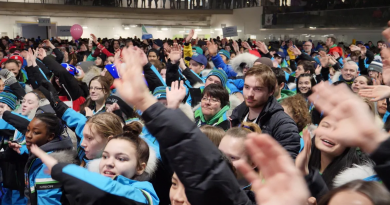Blog – Canada’s new Arctic policy doesn’t stick the landing

On Tuesday, just hours before the 2019 federal election was called, the Liberals released their long-awaited Arctic and Northern Policy Framework. Canada’s last domestic northern strategy was issued in 2009 by the Harper Conservatives, and its Arctic foreign policy in 2010. The Liberals had needed to put their stamp on the region, and announced their intention to do so in 2016. But two and a half years was evidently not long enough to put forth a clear vision for the Arctic; or, one could argue, two and half years was too long to put forth a clear vision.
There were noble intentions. This Arctic policy was to be “co-developed” with northerners, territorial and provincial governments, and First Nations, Inuit, and Métis people. No longer would Ottawa dictate to the peripheral North what they could and couldn’t do.
The inclusive mandate led to, first, the decidedly non-Arctic province of Manitoba being engaged in consultations, and then the addition of the word “Northern” to what was originally an Arctic Policy Framework. It was inclusive on the policy side too: no longer would Canada’s domestic and foreign policies for the region be separate. In the new framework, they would be two sides of the same coin. After all, everything in the Arctic is interconnected.
The innovation was in the process: a co-development of domestic, security and foreign policy with 31 – yes 31 – northern and Indigenous groups and governments, not to mention multiple actors within the federal government. In hindsight, it is easy to say the process was doomed; that consensus amongst such a large and varied collection would be impossible.
No Plan B
I will grant that there was merit in the trying. Canada’s self-image in the Arctic has been one of privileging the northern voice, especially those of Indigenous peoples. Combined with the self-image of the Liberals as progressives engaging in nation-to-nation relationships, co-development made sense. If there is a fault in how the Liberals handled the process, it is that they did not have a Plan B in the better-than-even chance that a consensus could not be achieved.
The result was the chaotic mess released with no fanfare on Tuesday. No glossy document, no core; rather, a collection of webpages. A first phase. A handful of partner chapters that “do not necessarily reflect the views of either the federal government, or of the other partners”, with more to be released in due time.

It is not that the Liberals would not make time for the Arctic: the Prime Minister, seven different ministers and one parliamentary secretary visited the territory of Nunavut in July and August alone. That raised flags that the Arctic policy would not be released at all before the election: surely the visit by Trudeau to Iqaluit in August would have been the moment, if one were forthcoming. In fact, the policy was expected to be released in Spring 2018, then Fall 2018, then before the budget announcement in March this year, and then this Spring. The jury is out on whether the Government would have been better off shelving the Framework until it was a final, comprehensive document.
Consistent with previous policy
The Liberals could not stick the landing. But what’s in it is not half bad, if you have the time to dig through the website to read the various chapters. There is nothing that surprises, and it is not, as Minister Carolyn Bennett claimed, a “profound change of direction”. Students of Arctic policy will agree that it continues along a fairly consistent path since at least the Chrétien Liberals of the 90s, and is similar in theme to the policies of the other seven Arctic states, if more domestic focused. Self-determination, development, environmental protection, security and science: these are the inescapable issues of the Arctic region. But a charitable reader will concede that it is a useful compilation and expression of Canada’s values and goals in the Arctic.
There were good intentions, but it is a disappointing finish. Canada wants to be an Arctic leader; Canada should be an Arctic leader. But an Arctic leader doesn’t slide in a half-baked Arctic policy at the eleventh hour. Northerners, and indeed all Canadians, should expect better for the region.
Related stories from around the North:
Canada: Ottawa’s new Arctic framework has lofty goals but few details, critics say, CBC News
Finland: Russia to introduce free visas for some travellers from Finland, Yle News
Norway: Political earthquake shakes up Northern Norway, The Independent Barents Observer
Russia: Moscow’s new energy doctrine warns against green shift, The Independent Barents Observer
Sweden: Local councils more interested in climate change preparedness, Radio Sweden
United States: Why are the US lagging behind in the Arctic? Clues emerge at Washington hearing, Alaska Public Media



